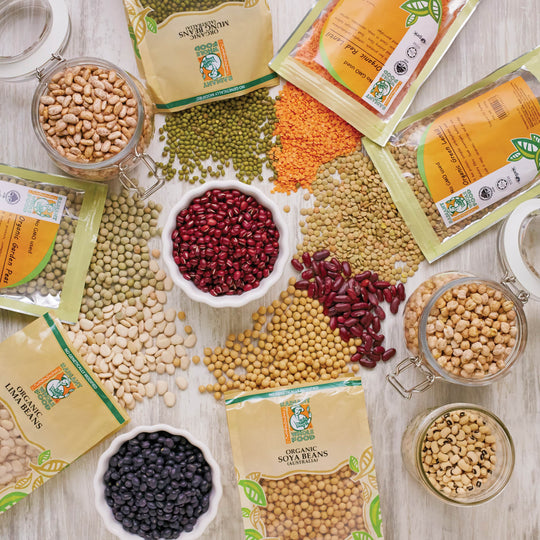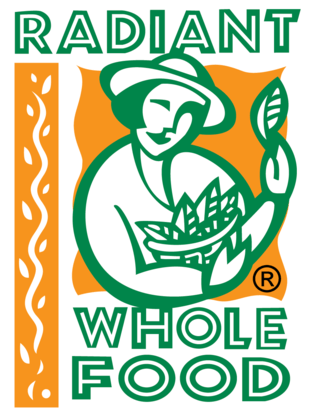
Jan 31 , 2021
Benefits of Pulses
Pulses - good for you. If you are health conscious, looking into a plant-based diet or just on the look out for nutritious ingredients to add to your cooking, pulses are a good choice.
What are Pulses?
Pulses are the edible seeds of plants in the legume family. Pulses grow in pods and come in a variety of shapes, sizes and colors, are healthy, nutritious and easy to cook with.
DID YOU KNOW:
Pulses have a long, rich history. The first evidence of pulses comes from 11,000 years ago in the Fertile Crescent, a region in the Middle East which was home to some of the earliest human civilizations.

Credit Image: https://pulses.org/what-are-pulses
Pulses include all beans, peas and lentils, such as:
- baked beans
- red, green, yellow and brown lentils
- chickpeas (chana or garbanzo beans)
- garden peas
- black-eyed peas
- runner beans
- broad beans (fava beans)
- kidney beans, butter beans (Lima beans), haricots, cannellini beans, flageolet beans, pinto beans and borlotti beans
Why eat pulses?
Pulses are a good and healthy choice to complement meals or added to soups, casseroles or sauces for extra texture and flavor. They are nutritious and a good source of:
- Protein- essential for repairing and maintaining the body
- Iron - important in making red blood cells, which carry oxygen around the body.
- Fibre - Eating a diet high in fibre is associated with a reduced risk of heart disease and type 2 diabetes. They are also good to improve bowel movement.
- Antioxidant - fight the effects of free radicals in human body
- Folate – important in making healthy red blood cells
Check out Radiant's bean and pulses collection here
Pulses for health
Risk of Cancer:
Pulses, Beans and lentils act as antioxidants and anti-inflammatory agents which reduces the risk of cancer. Selenium is element present in the lentils. This element decreases the rate of tumours growth. It also increases the immunity in human body and stimulates the production of T cells. T cells kills disease.
Heart Health:
Humans who consume Pulses, Beans and lentils regularly have fewer chances to get affected to cardiovascular problems or die of heart attack. To reduce the cardiovascular risk humans have substituted animal meats with Pulses, Beans and lentils. Also some research explains that intake of these proteins help to reduces cholesterol level and blood pressure in human body.
Diabetes and glucose metabolism:
Regular consumption of Pulses helps to stabilize the glucose level in blood and also prevent from diabetes. As consumptions of pulses help to lower blood glucose.
Cooking and storing pulses safely
Typically, pulses are bought either tinned or dried. Tinned/Bottled pulses have already been soaked and cooked, so you only need to heat them up or add them straight to salads if you're using them cold.
Dried pulses need to be soaked and cooked before they can be eaten.
Always soak dry beans and pulses. Soaking beans before cooking helps to remove some of those indigestible sugars that cause flatulence. There are two simple ways to get the job done:
- Regular soak: Put beans into a large bowl and cover with 2 to 3 inches of cool, clean water.
- Set aside at room temperature for 8 hours or overnight; drain well.
Dried kidney beans and soya beans contain toxins, so it's important to ensure they have been cooked properly before you eat them.
Cooking times vary depending on the type of pulse and how old they are, so follow a recipe or the instructions on the packet.
This article contains materials from below sites:











